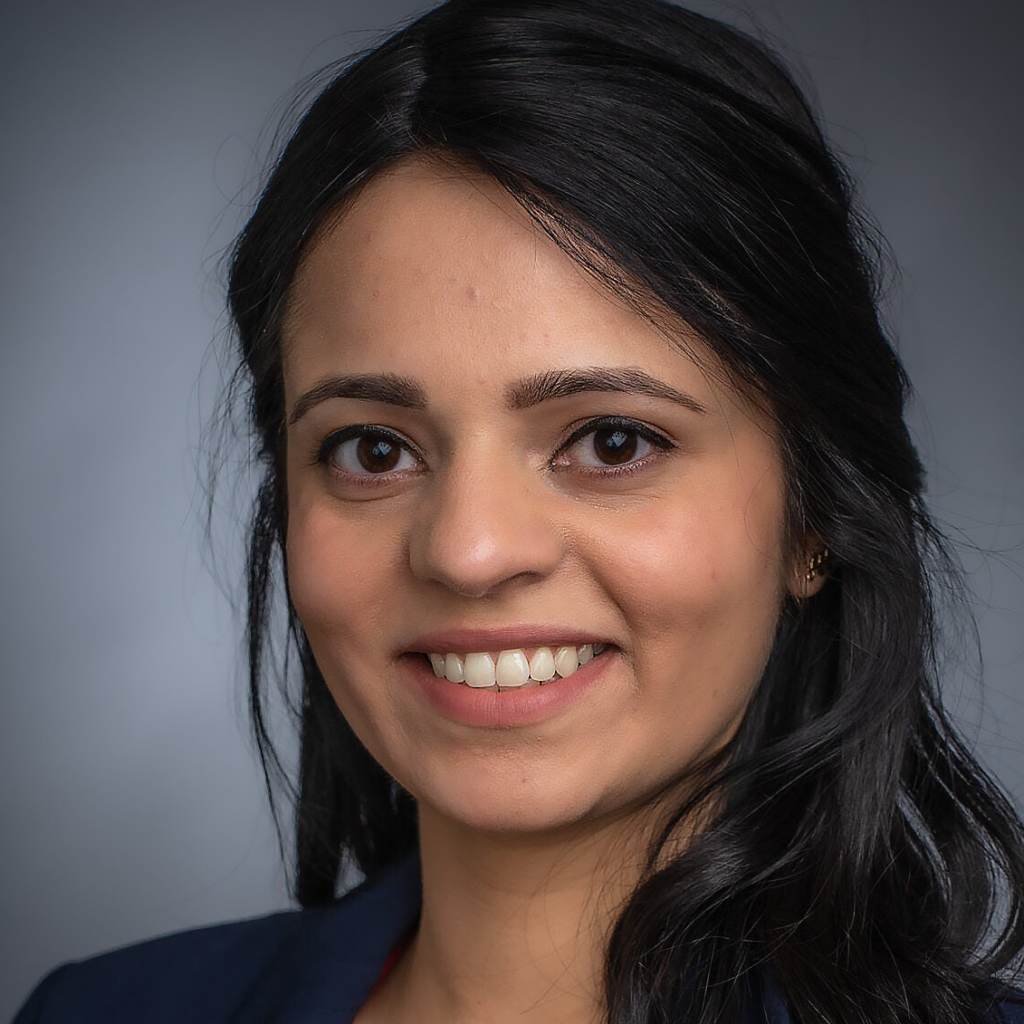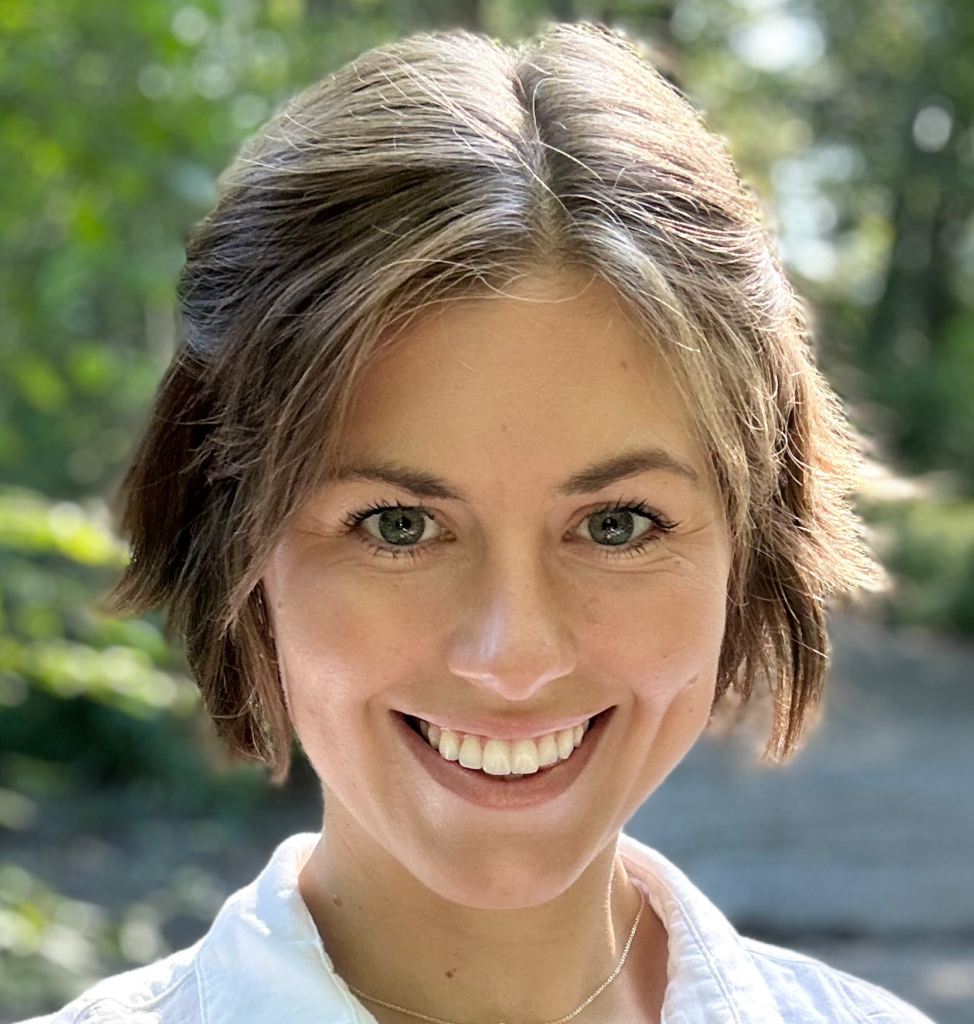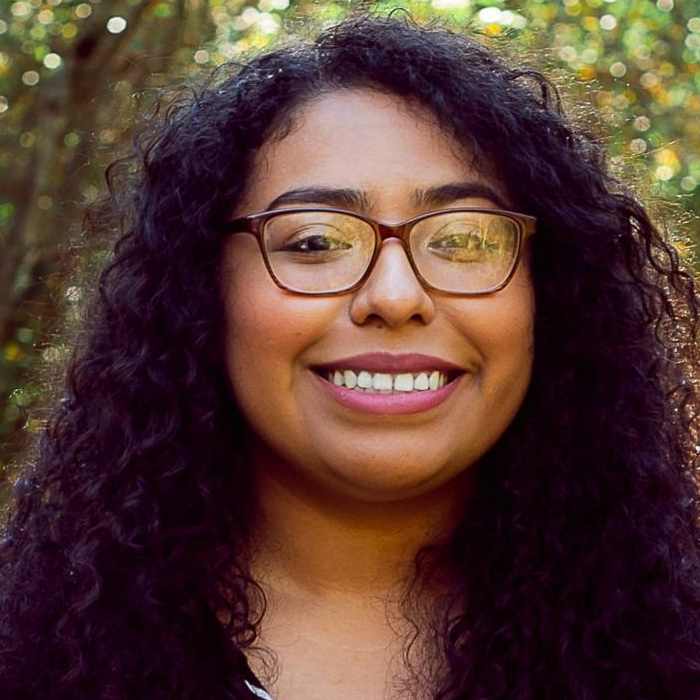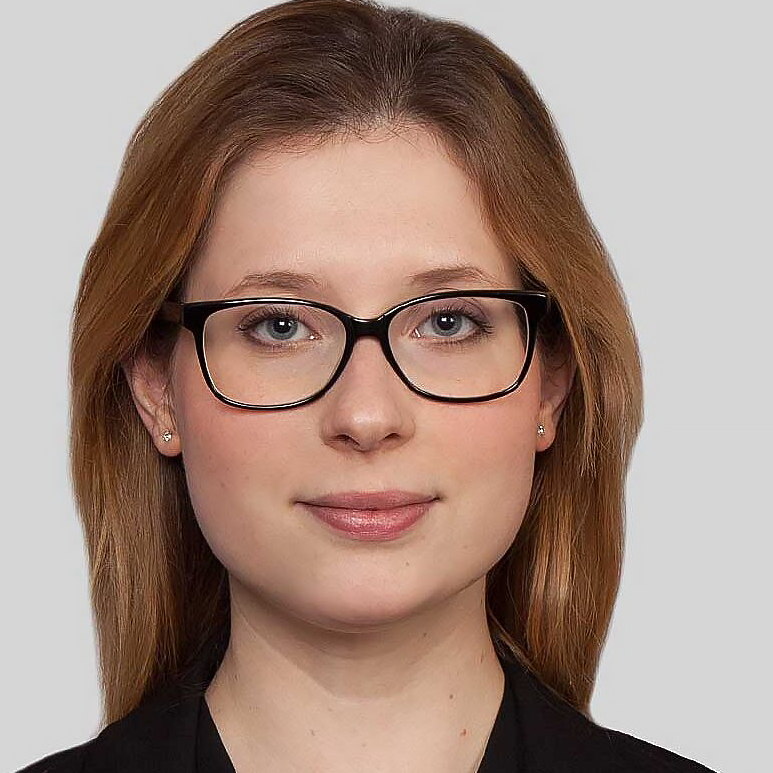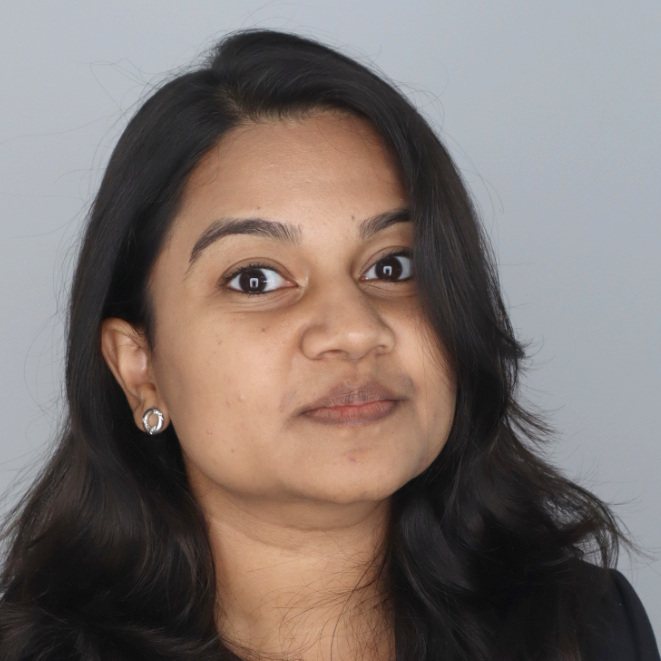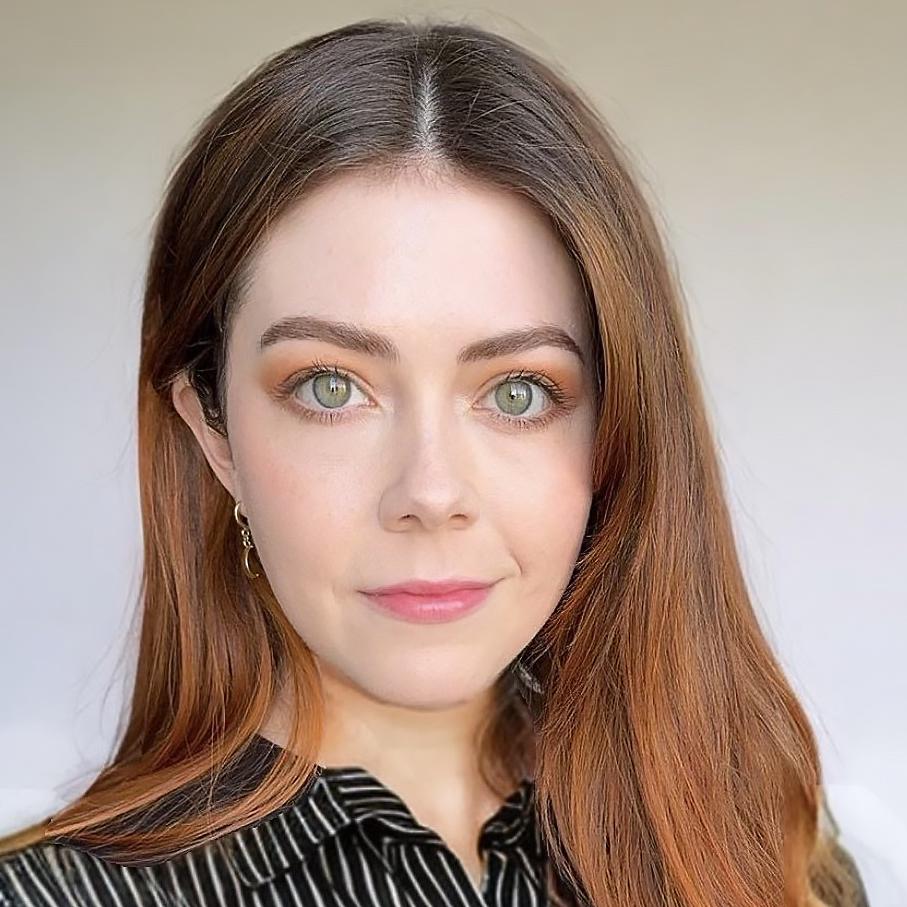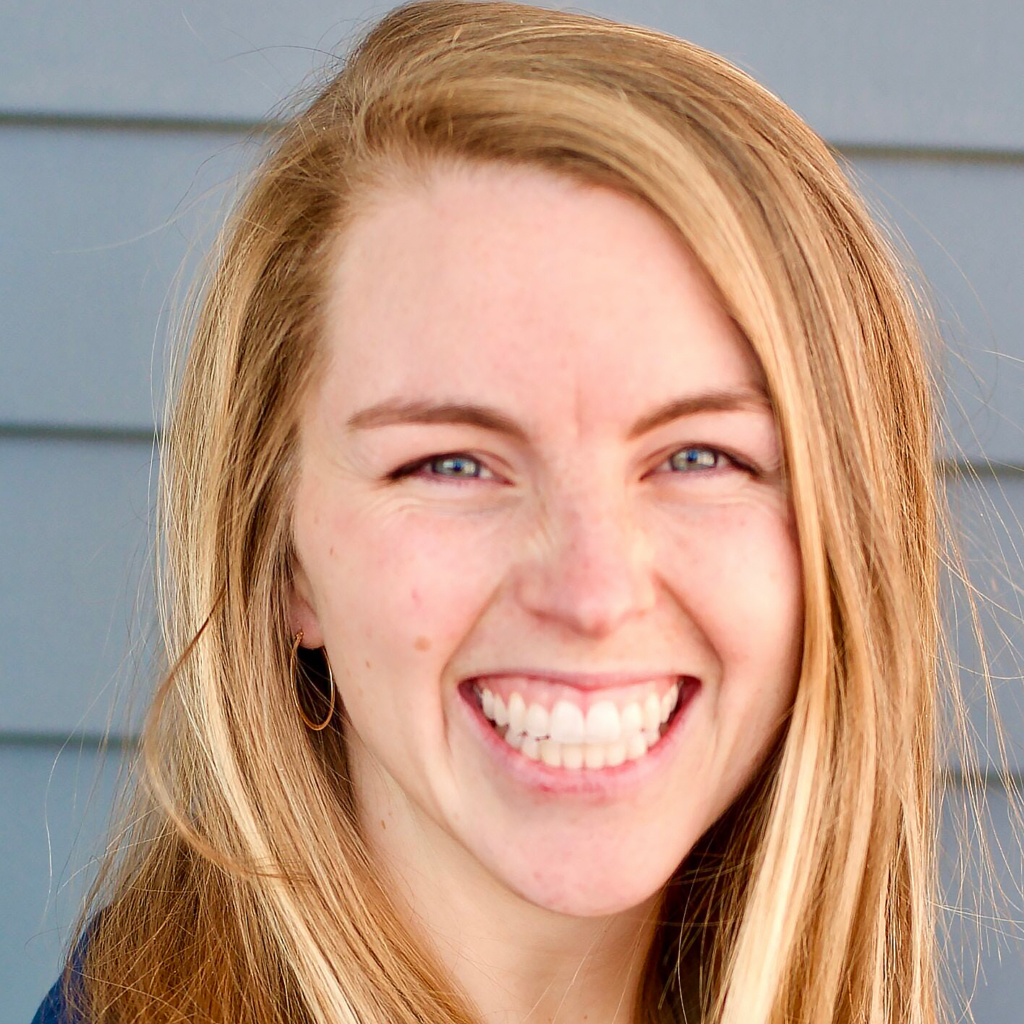Viswanath Lab
The Viswanath Lab is dedicated to ensuring that all sections of society—the public, practitioners, and policymakers—benefit equally from biomedical revolutions through research and training in translational communication.
375 Longwood Avenue, 6th floor, Boston, MA 02115
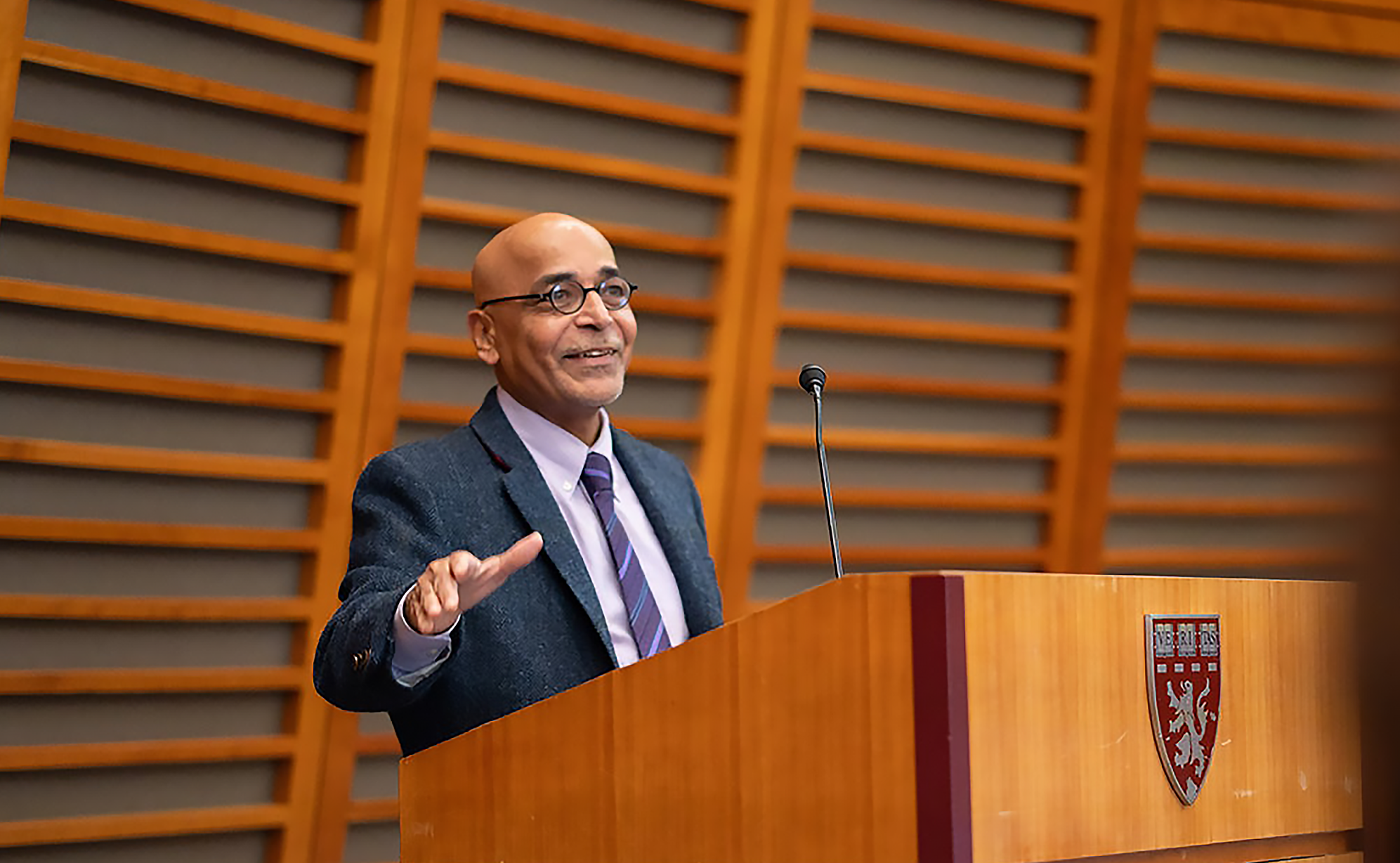
About the lab
We believe that health and communication inequalities are singular threats to health and well-being in the 21st century. The Viswanath Lab is dedicated to ensuring that all sections of society—the public, practitioners, and policymakers—benefit equally from biomedical and communication revolutions through research and training in translational communication.
Our research
LifeFirst SWASTH
Developed in partnership with Narotam Sekhsaria Foundation, Boston University School of Public Health, and tech company Dimagi, the project objective is to adapt and evaluate a brief advice tobacco cessation program in low-resource, high-reach settings in India. Dr. Shoba Ramanadhan is Co-PI.
UMass Boston – Dana-Farber/ Harvard Cancer Center (DF/HCC) Partnership
The UMass Boston – DF/HCC Partnership is a research collaboration addressing cancer disparities. The Partnership aims to improve research, training, and outreach opportunities for under-represented minority trainees as well as develop information and resources to close the cancer disparities gap.
UMass Boston – Dana-Farber/ Harvard Cancer Center (DF/HCC) Partnership Outreach Core
A part of the UMass Boston – DF/HCC Partnership, the Outreach Core uses a community-engaged approach. It works in the Greater Boston and Lawrence areas to build capacity in community-based and faith-based organizations to use evidence-based programs and strategies for health promotion.
Lawrence Youth Media and Health Incubator Award
This pilot project aims to promote cancer prevention behaviors among Lawrence youth (13-18 years) by engaging them in developing social media campaigns related to cancer prevention and disseminating, monitoring, and evaluating the campaigns. Dr. Lindsay Frazier is Co-PI.
Lawrence Racial and Ethnic Approaches to Community Health (REACH)
The City of Lawrence has a CDC grant as part of the REACH program, aiming to promote nutrition, physical activity, and breastfeeding among Hispanic/Latino residents. The Lab is supporting the strategic communication component of the project by developing tailored messaging to fit community needs.
Team
Lee Kum Kee Professor of Health Communication
(Harvard T. H. Chan School of Public Health [HSPH];
Dana-Farber Cancer Institute [DFCI])
Director, Center for Translational Health Communication Science, DFCI/HSPH
Director, Harvard Chan India Research Center
Director, Lee Kum Sheung Center for Health and Happiness
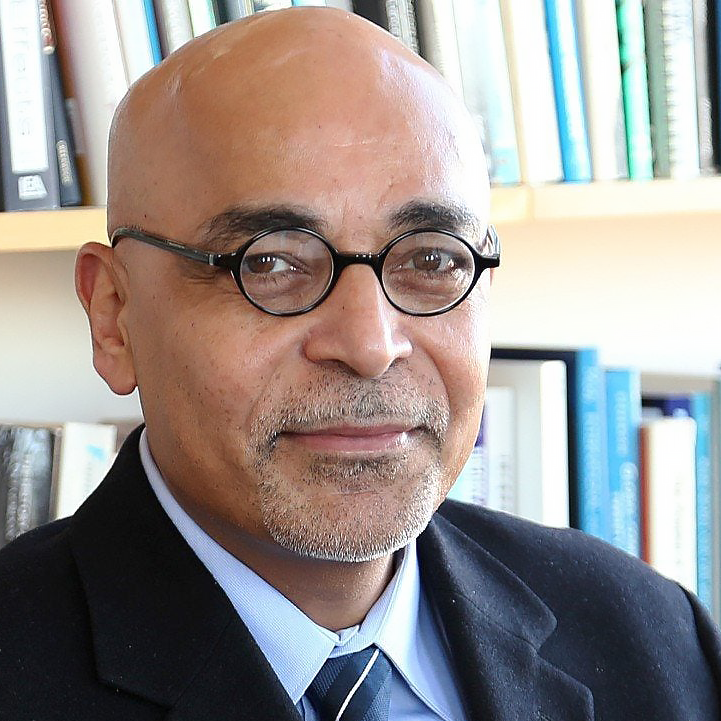
Dr. K. “Vish” Viswanath is Lee Kum Kee Professor of Health Communication in the Department of Social and Behavioral Sciences at the Harvard T. H. Chan School of Public Health (HSPH) and in the McGraw-Patterson Center for Population Sciences at the Dana-Farber Cancer Institute (DFCI). He is also the Faculty Director of the Health Communication Core of the Dana-Farber/Harvard Cancer Center (DF/HCC). Other additional administrative and scientific leadership positions held by Dr. Viswanath include: Director of the Center for Translational Communication Science, DFCI; Director, Harvard Chan India Research Center and Director, Lee Kum Sheung Center for Health and Happiness, Harvard Chan. He is the founding Director of DF/HCC’s Enhancing Communications for Health Outcomes (ECHO) Laboratory.
Dr. Viswanath’s work is driven by two fundamental concerns: (a) how to center equity in drawing on translational communication science to promote health and well-being for ALL population groups, and (b) to involve community-based organizations and stakeholders through participatory research in promoting social change. The ultimate goal of the program of research in his lab is to influence public health policy and practice through knowledge translation and translational communication. His work draws from literatures in communication science, social epidemiology, dissemination and implementation, and social and health behavior sciences.
His work so far has documented the relationship between communication inequalities, poverty and health disparities, and knowledge translation to address health disparities. He has written more than 300 journal articles and book chapters concerning communication inequalities and health disparities, knowledge translation, public health communication campaigns, e-health and digital divide, public health emergency preparedness and the delivery of health communication interventions to underserved populations. He is the Co-Editor of four books and monographs: Mass Media, Social Control and Social Change (Iowa State University Press, 1999), Health Behavior and Health Education: Theory, Research & Practice, 5th Ed. (Jossey Bass, 2015), The Role of Media in Promoting and Reducing Tobacco Use (National Cancer Institute, 2008) and A Socioecological Approach to Addressing Tobacco-Related Health Disparities (National Cancer Institute, 2017) and a co-author of The First 1000 Days of Life: Lessons from Social and Behavior Change Communication (Ministry of Women and Child Development, Government of India, 2021). He was also the Editor of the Social and Behavioral Research section of the 12-volume International Encyclopedia of Communication (Blackwell Publishing, 2008)
He has served and continues to serve on several national committees including for the US Department of Health and Human Services (HHS), the Centers for Disease Control and Prevention (CDC) and the National Academy of Sciences, Engineering and Medicine (NASEM). He is currently the Chair of NASEM’s Consensus Study Committee on Understanding and Addressing Science Misinformation, a member of the Standing Committee on Advancement of Science Communication at NASEM,and was a member of NASEM’s Planning Committee on The Public Health Infodemic and Trust in Public Health as a National Security Threat: A Workshop.
In recognition of his academic and professional achievements, Dr. Viswanath received several awards including the Postdoctoral Mentor of the Year Award from the Dana-Farber Cancer Institute, Joseph W. Cullen Memorial Award For Excellence in Tobacco Research, American Society for Preventive Oncology, the Dale Brashers Distinguished Mentorship Award, National Communication Association, Outstanding Health Communication Scholar Award jointly given out by the International Communication Association and the National Communication Association, the Mayhew Derryberry Award from the American Public Health Association (APHA) for his contribution to health education research and theory, and the College of Liberal Arts (CLA) Alumnus of Notable Achievement, University of Minnesota. He delivered the 23rd Annual Aubrey Fisher Lecture at University of Utah in 2009, and the Bettinghaus Endowed Lecture at Michigan State University in 2023. He was elected Fellow of the International Communication Association (2011), the Society for Behavioral Medicine (2008) and the Midwest Association for Public Opinion Research (2006).
Ms. Chau provides overall support to Dr. Viswanath and the team. Prior to joining the lab and Dana Farber, she was an Assistant Rooms Manager at the Fairmont Copley Plaza with years of experience in hospitality. Megan graduated from UMass Boston with a BA in Psychology and a minor in Sociology.
Research Focus
As a Data Programmer Analyst at the lab, Dr. Dhawan’s work focuses on generating data-driven evidence for health communication strategies to improve public health by (1) informing public health programs and (2) influencing policy changes. Her research interests include health inequities in underserved and marginalized populations in both developed and developing nations. Dr. Dhawan has worked on projects to improve maternal and child health and adolescent health and adopt COVID-19 preventive behaviors like vaccines. Dr. Dhawan also has extensive experience in data collection using surveys; and data analysis and visualization using tools like R and Stata.
Background
Dr. Dhawan obtained a Master’s in Public Health from Tufts University School of Medicine, during which she developed an understanding of epidemiological and biostatistical methodology. She has also obtained a Ph.D. in Life Sciences from Humboldt University at Berlin, Germany, focused on cancer biology.
Research Focus
Dr. Kikut-Stein integrates quantitative and mixed methods communication research with community-based participatory action approaches to address health inequalities. As an NCI T32 Cancer Prevention Fellow, her work focuses on mitigating inequalities in cancer prevention, communication, and research.
Background
Dr. Kikut-Stein received her PhD in Communication from the University of Pennsylvania.
Research Focus
Aileene’s research has focused on empowering marginalized communities through the use of participatory action research [PAR] and other community planning methods towards sustainable and healthy communities.
Background
Aileene holds a Bachelor’s degree in Community Development with a concentration in Community Health from the University of Massachusetts Boston.
Research Focus
Dr. Marciano is the principal investigator of the HappyB project, which started in January 2022 and aims to study the link between digital media use and hedonic ad eudaimonic well-being in a cohort of about 1500 adolescents by using (intensive) longitudinal data. The project is funded by the Swiss National Science Foundation (SNSF).
Background
Dr. Marciano holds a Bachelor’s degree in Psychology and a Master’s degree in Neuroscience from Vita-Salute San Raffaele University (Milan, Italy). She completed her PhD in Health Communication from USI Università della Svizzera italiana (Lugano, Switzerland) in October 2021. During her doctoral studies, she investigated the link between digital media use, mental health, and personality in young people using different methodologies, including systematic reviews, meta-analyses, experiments, EMAs, trace and longitudinal data.
Sara manages operations and community engagement activities for research projects at the Viswanath lab. These projects range from community-engaged research that is part of the UMass Boston and Dana-Farber/Harvard Cancer Center U54 Outreach Core to global health projects funded by the Bill & Melinda Gates Foundation. She also supports community engagement efforts in Massachusetts, and has worked on several capacity-building projects that address health inequalities at the individual, organizational, and community levels (Click to Connect, PLANET MassCONECT, U54 Outreach Core, and Project IMPACT).
Background
Sara holds a Master’s Degree in Public Health from Boston University with a focus in Social and Behavioral Science and Epidemiology. Before joining DFCI, Sara worked at Boston University School of Public Health managing randomized controlled trials examining the residual effects of alcohol on occupational and academic performance, and the effectiveness of condom promotion interventions on STI reduction.
Her interest in working with under-served communities to address health inequalities and cancer prevention and control brought her to the Viswanath Lab in 2006.
Background
I’m a physician from India with specialization in Community Medicine and completed master’s in public health (MPH) in Global Health from the Harvard T.H. Chan School of Public Health.
Research Focus
My research focuses on adolescent health, particularly the mental health and well-being of young people as they navigate complex health experiences.
One area of focus is understanding the unique information needs and psychosocial challenges of adolescent and young adult (AYA) cancer survivors. Another key project addresses the growing concern of cancer-related misinformation on social media platforms commonly used by youth today. Both projects aim to inform interventions that promote health literacy and informed health decision-making among adolescents and young adults.
Sarah Piombo, PhD, MPH, is a postdoctoral research fellow in the NCI T32 Training in Oncology Population Sciences program in the Department of Medical Oncology at Dana-Farber Cancer Institute and Harvard Medical School.
Research Focus
Dr. Piombo’s research focuses on using social network analysis across the cancer continuum to understand how social networks impact health behaviors and outcomes and can be leveraged in interventions.
Background
Dr. Piombo received her PhD in Preventive Medicine (Health Behavior Research) and MPH from the University of Southern California, Keck School of Medicine.
Program Manager, Center for Cancer Equity and Engagement

Jenny Reiner is a Program Manager for the Center for Cancer Equity and Engagement at the Dana-Farber/Harvard Cancer Center (DF/HCC). In this role, Jenny manages community outreach and engagement activities designed to connect DF/HCC research with communities throughout Massachusetts. Her primary interests include community-engaged approaches to bridge the gap between research and practice. She is focused on building strong partnerships across sectors to improve community health and promote health equity. Prior to this role, Jenny worked as a Project Manager at the Harvard T.H. Chan School of Public Health, where she managed the implementation and evaluation of nutrition and physical activity interventions across various community settings. She received her MPH from The George Washington University Milken Institute School of Public Health.
Ms. Abigail Shain (Abigail Cook) is the Senior Program Manager for the UMass Boston- Dana-Farber/Harvard Cancer Center Partnership.
In this role, she serves as the liaison between the executive, evaluative, scientific and operational teams and is responsible for operationalizing program objectives and overseeing day-to-day Partnership activities. She manages the process for selecting new research projects, reporting to NIH and both internal and external Partnership communication.
Ms. Shain holds an MS in Administration from Boston College and is in the midst of pursuing an MPH from George Washington University.
Lab themes
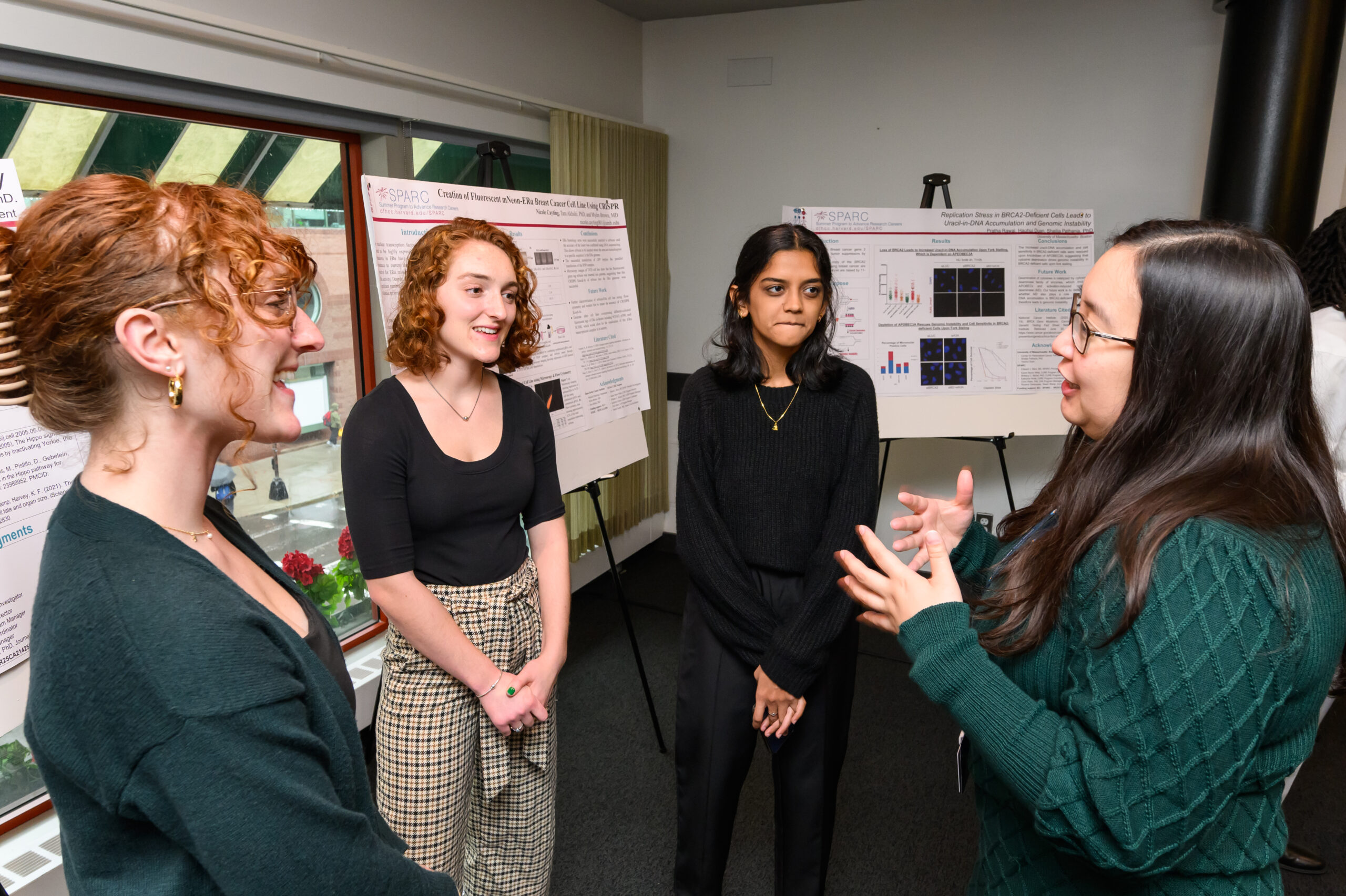
Addressing health communication inequalities
Lab projects focus on understanding how public health information, misinformation, and disinformation spread through media and how to disseminate accurate messaging to underserved communities.
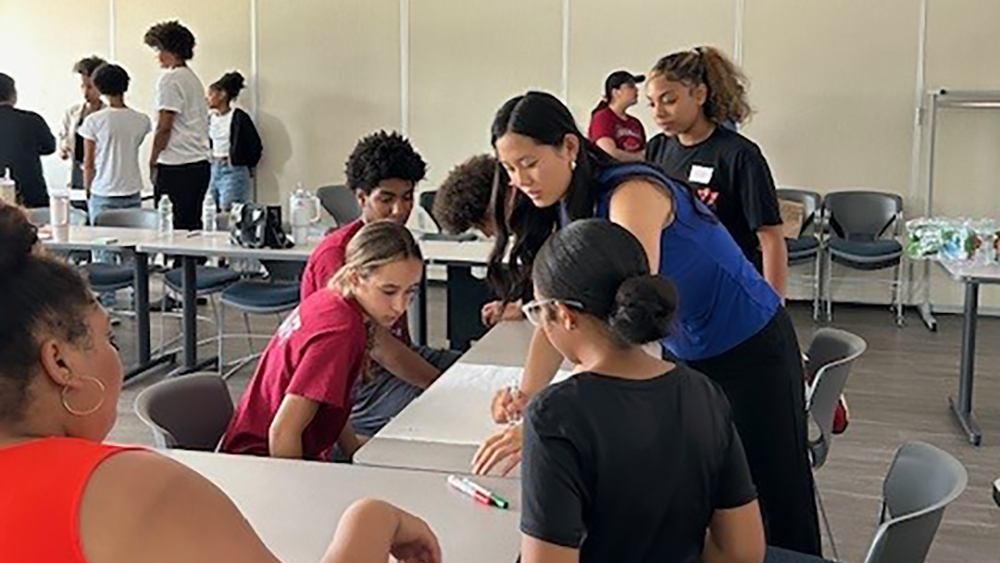
Engaging with communities
With longstanding partnerships in Greater Boston, Lawrence, and other Massachusetts communities, the Lab works with community-based organizations on a wide range of health topics.
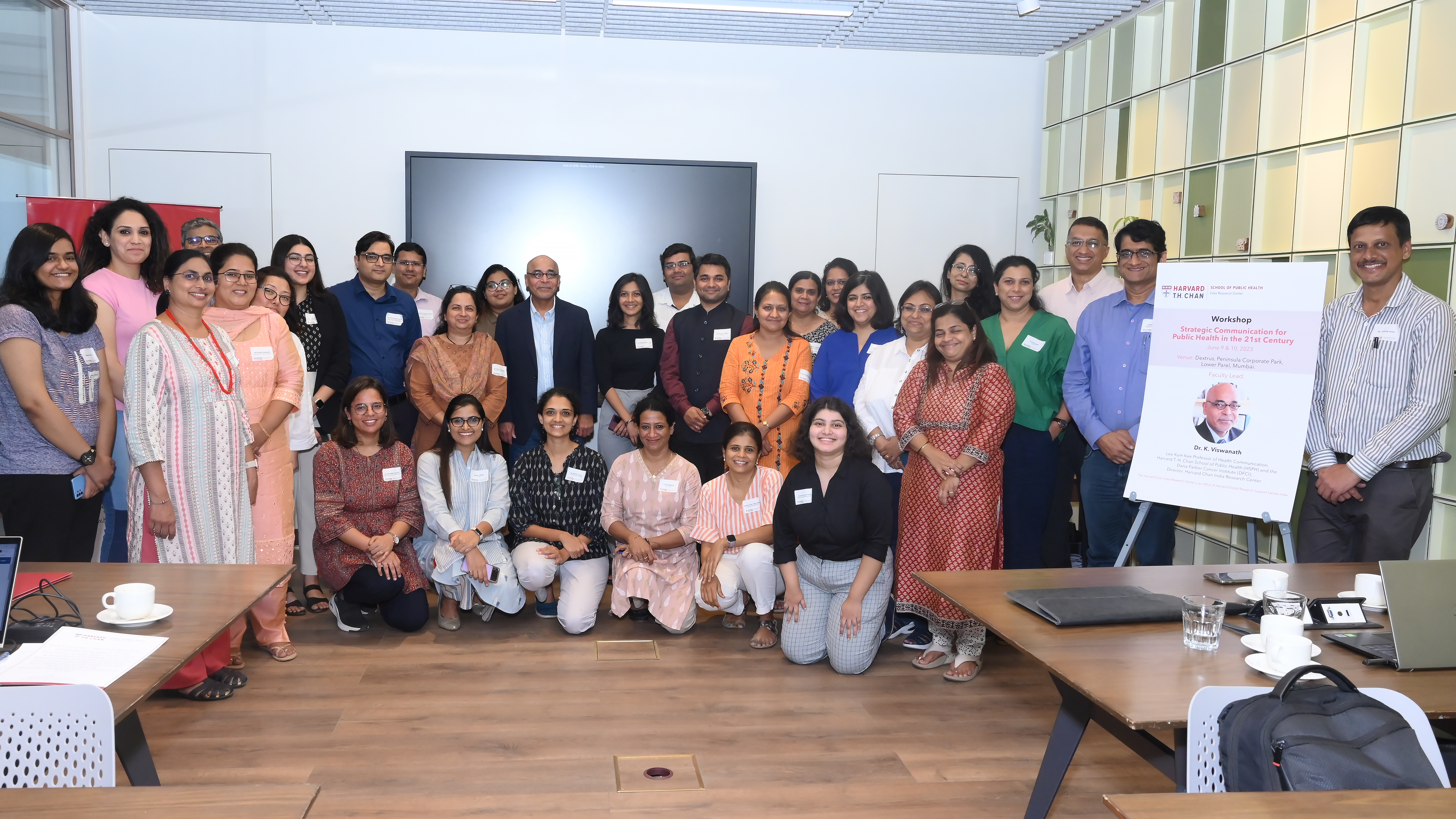
Translating evidence to influence practice and policy
The Lab works with non-governmental organizations in India and other countries to implement and assess interventions on topics such as tobacco cessation and other health behaviors.
Publications
See the full list of Viswanath Lab publications.
Select publications
Viswanath K, Bekalu M, Dhawan D, Pinnamaneni R, Lang J, McLoud R. Individual and social determinants of COVID-19 vaccine uptake. BMC Public Health. 2021 Apr 28;21(1):818. doi: 10.1186/s12889-021-10862-1. PMID: 33910558; PMCID: PMC8081000.
Ramanadhan S, Aronstein D, Martinez-Dominguez V, Xuan Z, Viswanath K. Designing Capacity-Building Supports to Promote Evidence-Based Programs in Community-Based Organizations Working with Underserved Populations. Prog Community Health Partnersh. 2020;14(2):149-160. doi: 10.1353/cpr.2020.0027. PMID: 33416638; PMCID: PMC11017196.
Dhawan D, McCloud R, Pinnamaneni R, Arora G, Kadam R, Dutt A, Biswas-Ramchandran N, Viswanath K. Communication and Social Determinants of Cancer Preventive Behaviors in Adolescents From Low Socio-Economic Backgrounds in India: A Cross-Sectional Study. Cancer Control. 2024 Jan-Dec;31:10732748241255538. doi: 10.1177/10732748241255538. PMID: 38736171; PMCID: PMC11089949.
Mahtani SL, Viswanath K, Gupte HA, Mandal G, Jagiasi D, Chawla R, D’Costa M, Xuan Z, Minsky S, Ramanadhan S. Adapting and Evaluating a Brief Advice Tobacco Cessation Intervention in High-reach, Low-resource Settings in India: Protocol for a Cluster Randomized Controlled Trial. JMIR Res Protoc. 2024 Sep 3;13:e57236. doi: 10.2196/57236. PMID: 39225384.
Marciano L, Vocaj E, Bekalu MA, La Tona A, Rocchi G, Viswanath K. The Use of Mobile Assessments for Monitoring Mental Health in Youth: Umbrella Review. J Med Internet Res. 2023 Sep 19;25:e45540. doi: 10.2196/45540. PMID: 37725422; PMCID: PMC10548333.
Galbraith-Gyan KV, Ramanadhan S, Viswanath K. Community Stakeholders’ Perspectives on Introducing Human Papillomavirus Vaccination and Biobanking Evidence-Based Programs Within Medically Underserved Communities: A Community-Engaged Approach. Int Q Community Health Educ. 2021 Apr;41(3):315-323. doi: 10.1177/0272684X20942071. Epub 2020 Jul 14. PMID: 32664800; PMCID: PMC9376934.

